11 years on from Jill Meagher’s death, women still don’t feel safe walking home at night
The brutal murder of Jill Meagher shocked the nation but, 11 years on, one thing has not changed for women across the country.
Today marks 11 years since Jill Meagher was brutally raped and murdered while walking home from a pub in Brunswick, Melbourne.
She had been on a night out, celebrating with her colleagues, before deciding to walk home. Her apartment was about 700m away, but she never made it there.
In 2018, feminist Em Razz went viral on Twitter for posing a simple question: What would women do if, for just 24 hours, there were no men in the world?
Of the thousands of responses, one overwhelmed the rest: Be able to walk home, alone, after dark. It seems an unbelievably banal desire to harbour.
Until one considers, as news.com.au’s recent Great Aussie Debate survey of more than 50,000 people found, 40 per cent of the female respondents had never felt safe doing so, versus just nine per cent of men.
Compare that to the 38 per cent of men (versus a mere seven per cent of women) who said it’s not something they had ever worried about.
Dr Bianca Fileborn is a senior lecturer in criminology at the University of Melbourne’s School of Social and Political Sciences. She said it “really reflects what we know from other research – we have very, very consistent findings that women in particular don’t feel safe in public spaces and at night time”.
“That’s really, really clear,” Dr Fileborn, whose work focuses on sexual violence and harassment, told news.com.au.
“[But] there’s a delicate balance between acknowledging the fact that women in particular do face really high rates of violence, but not wanting to perpetuate this narrative that women are always at huge personal risk to their safety.”
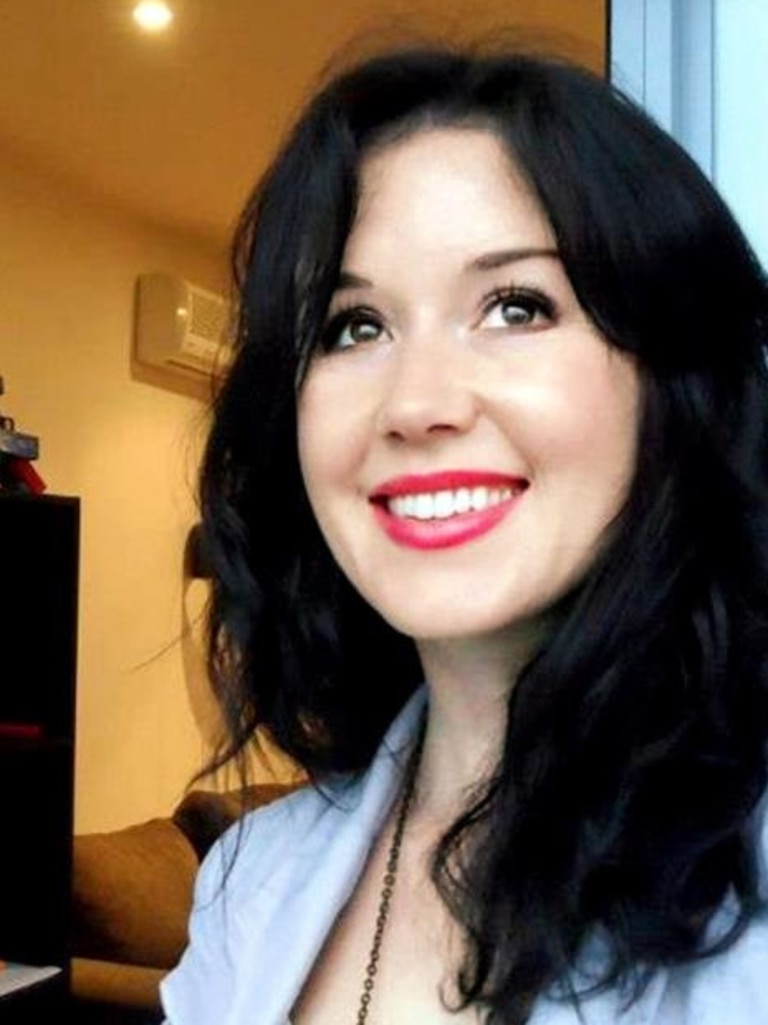
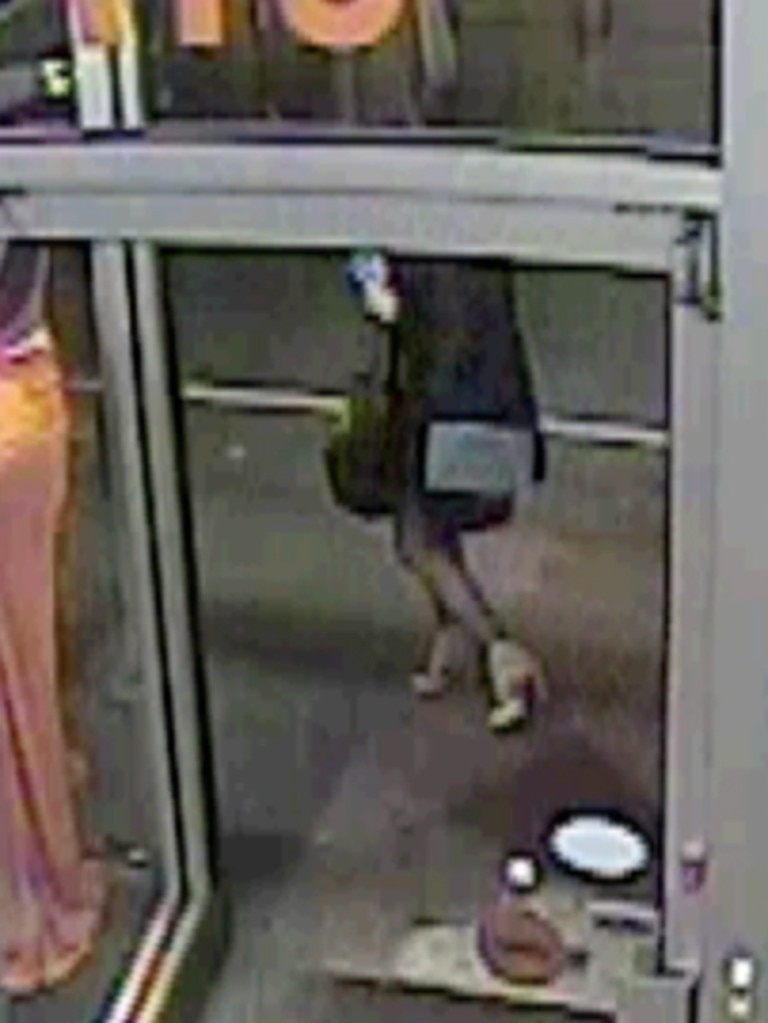
It’s crucial to note that, in Australia, women face the greatest risk of sexual and other forms of gender-based violence in the home and other private locations. This year alone, one woman has been killed every five days, allegedly at the hands of a current or former intimate partner.
Yet the spectre of a monster lurking in the shadows – stalking and ambushing us as we make our way through the world – continues to feed into our deepest collective fears.
Asked why, Dr Fileborn said a multitude of factors come into play.
“An element of it is to do with perception. Women are really socialised, often from a very young age, to be aware of our safety, to be mindful in public spaces, to be really cautious, to engage in these protective strategies and routines. That does play into a sense of unsafety,” she explained.
As British personal trainer Lucy Mountain wrote in a viral Instagram post after the 2021 murder of Sarah Everard, “we have all shared our live locations”.
“We have all changed our shoes. We have all held our keys between our fingers. We have all made phone calls, both real and fake. We have all tucked our hair inside our coats. We have all run down dark roads. We have all theorised our escape routes,” Mountain said.
“What’s so insidious is that these things don’t even feel like ‘special safety tools’. They’re literally just ingrained behaviours and actions we’ve had to pick up since we were little girls. Because ‘that’s just the way it is’.”
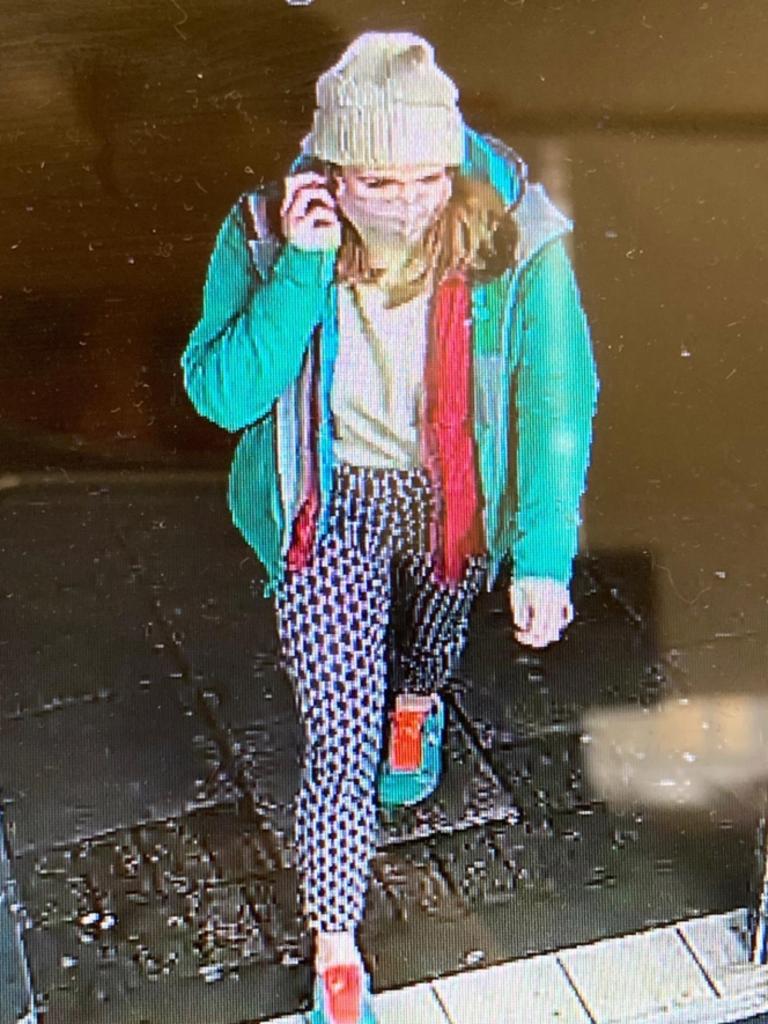
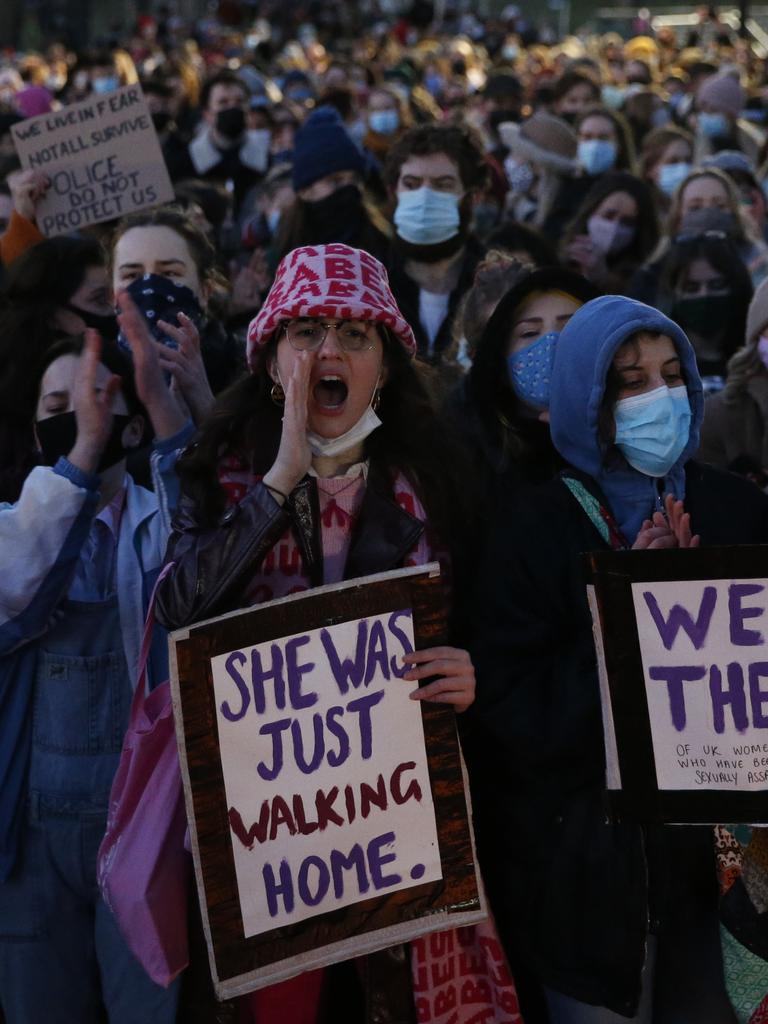
These behaviours, Dr Fileborn said, are also partially “informed by myths and misperceptions about the risk of sexual and gender-based violence”.
“It really plays into this stranger-danger narrative that [a woman] is most at risk from this scary monster lurking in the shadows, versus a partner or a family member or someone who you know. That’s definitely part of it,” she said.
“I think part of the picture as well is the unknown – or the lack of control – in public spaces. If someone wolf-whistles at you, or says, ‘Hey sexy’, you don’t know when that’s going to escalate.
“You don’t know if it’s ‘just’ going to be someone wolf-whistling at you. Are they going to turn around and call you a f**king b*tch because you don’t respond in the right way? Are they going to keep following you? That really contributes to it as well.”
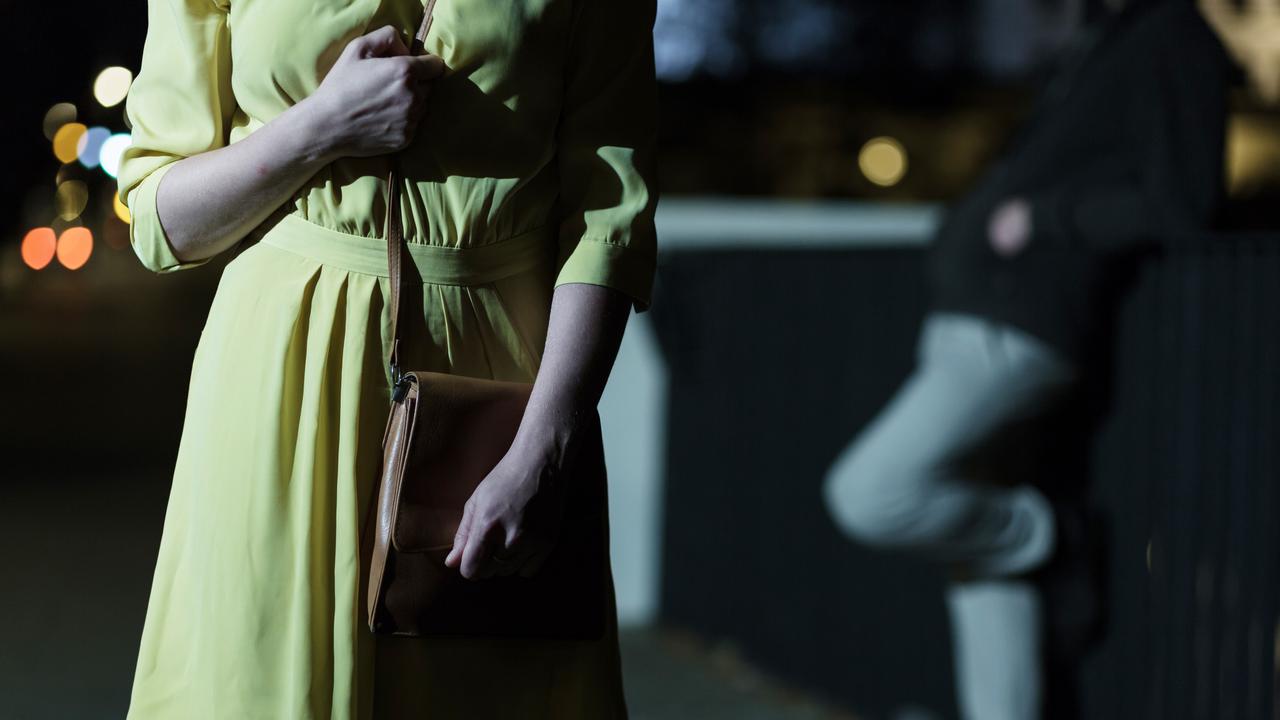
In order to help women feel safer in public spaces, Dr Fileborn said the structural drivers of violence must be tackled – an “exceptionally difficult” task, but one that is “ultimately going to shift things”.
“It’s [also] tackling things like gendered inequality and power differentials, it’s tackling the entitlement men feel toward women’s bodies and sexuality, it’s challenging things like street-based harassment and the idea that you have some kind of right to just say whatever you want to women in public spaces,” she said.
“It’s really essential those responses don’t put the onus back on women. It’s not like, ‘Here’s the five things you can do to feel safe’. That is absolutely the wrong approach – that is just reproducing the problem.”
Dr Fileborn’s own research has included “ensuring there’s really frequent public transport services at night, so you’re not worried about getting stuck in the city or at a train station by yourself for half an hour”. “Even if that doesn’t on its face sound like a safety strategy, that is something that could tangibly enhance people’s sense of safety.”
“Part of it [also] has to be tackling men’s behaviour, and the structural drivers of their behaviour,” Dr Fileborn said.
“I’m obviously generalising, but I think a lot of men don’t often realise how impactful or scary their behaviour can be.
“They might think, ‘Well I am just giving her a compliment, I’m just asking for her number because I think she’s attractive. I’d really like it if someone did that to me’ – without realising, one, the power differential; two, that socialisation means, as a woman, you’ll often be on guard in those types of interactions.
“But thirdly that, for this person, it might be the fifth time this week you’ve had a weird man interact with you in public. And that really shifts how you experience that encounter.”







